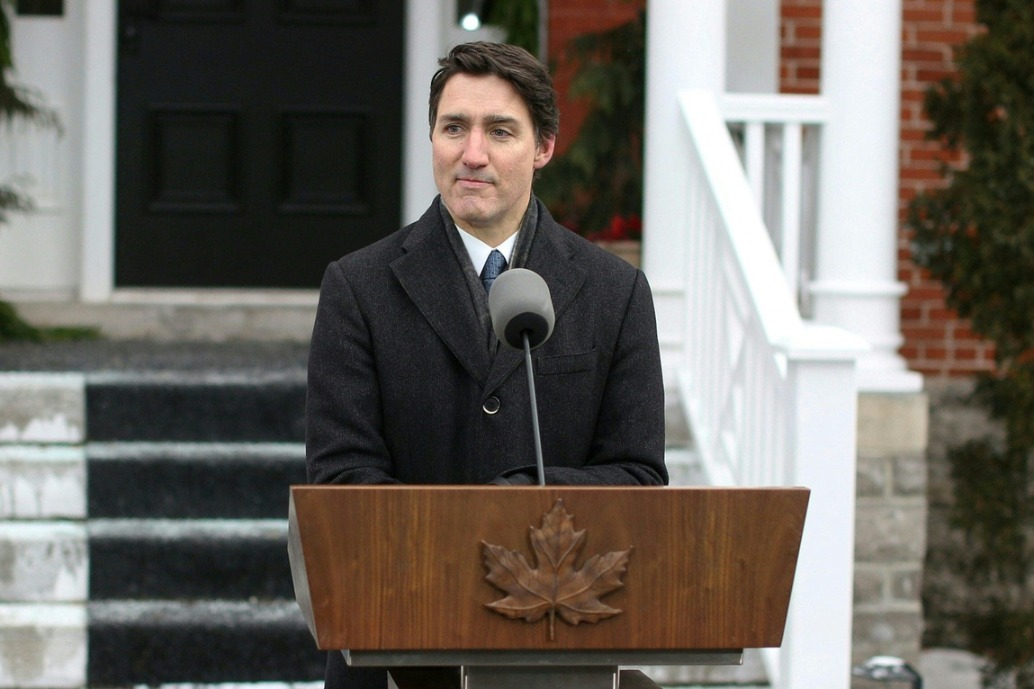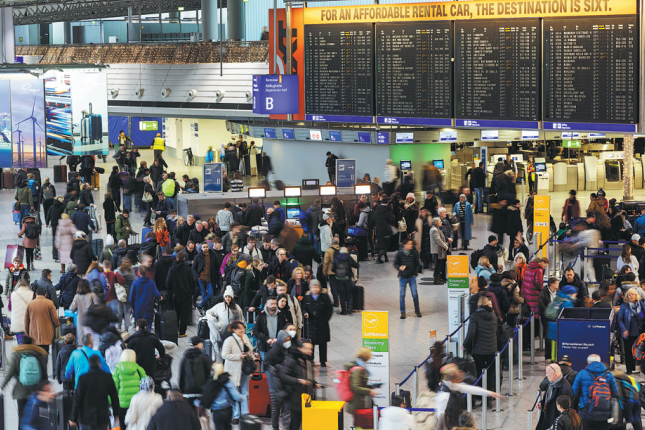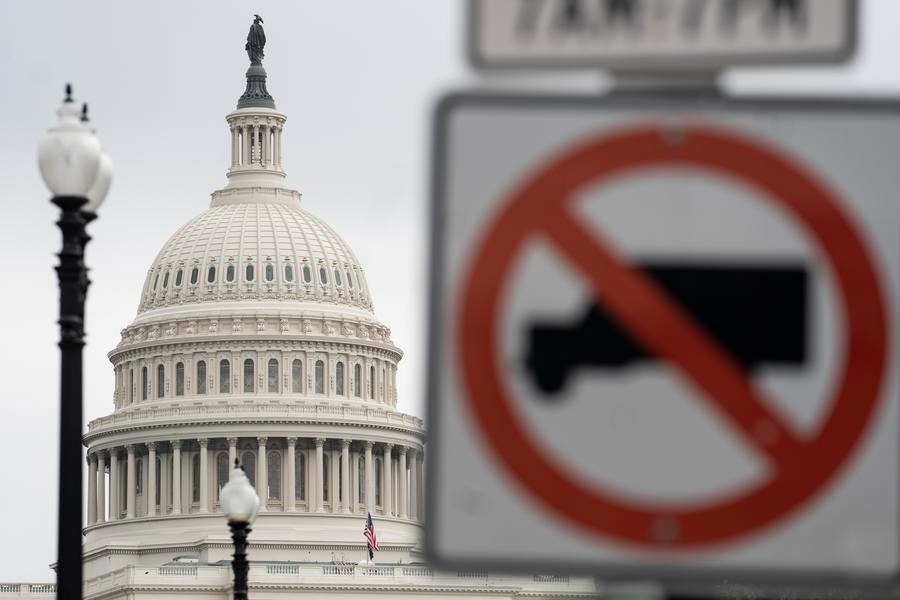New British nuclear power station set for approval

The British government is close to approving the $26 billion Sizewell C nuclear power station, after talks with French energy giant EDF intensified in recent weeks on a project that a Chinese company is also involved in.
The developments came ahead of a government white paper, due to be released later this month, which will attempt to set out the course of the United Kingdom's energy policy for decades to come.
After planning documents were filed in May, talks are said to have stepped up on the eastern England project while specifics on how the new reactors will be funded are still being discussed, the BBC reported.
The UK's nuclear power plans were dealt a blow with the recent collapse of two other power projects in the UK, at Anglesey and Cumbria, when Japanese firms Hitachi and Toshiba pulled out.
The government said it "remains committed to new nuclear", and a power station at Hinkley Point in Somerset, in western England, is already under construction by EDF.
Chinese company CGN owns a 33 percent stake in the Hinkley Point C project, while EDF owns the other two-thirds.
CGN also took a 20 percent stake in the development phase of Sizewell C on the understanding it would participate in the construction phase and then be given the contract to build a reactor of its own design at Bradwell in southeast England.
Business and unions have welcomed the proposed Sizewell C project that EDF claims would provide 900 skilled jobs over its operating lifetime.
The project is expected to create thousands more jobs through supply chains in the area.
The UK government hopes the giant station will provide low-carbon electricity to help reach the needs of the country.
But critics of Sizewell say the future lies with renewables, along with the development of technology that optimizes the supply and demand of energy in real time.
Charities have criticized plans to concrete over a large area of rare marshland as "disastrous".
The chairman of the Together Against Sizewell C group, Pete Wilkinson, argued that "renewables out-compete nuclear on every front: Cost, waste, jobs, CO2 and time for deployment".
The BBC's business editor, Simon Jack, noted in his analysis that activists admit that achieving government targets of net zero carbon emissions by 2050 with renewables alone would not be possible without compromising the stability of the electricity grid.
According to EDF, the new plants at Hinkley and Sizewell alone are expected to supply 14 percent of the UK's electricity needs.
Nuclear power currently supplies more than 20 percent of all UK electricity, but almost half of current capacity is to be retired by 2025, according to the World Nuclear Association.
EDF claims that with soaring demand expected for electricity in transport and heating systems in the UK, massive quantities of low-carbon electricity will be required, and new generation nuclear power stations can provide this.

































